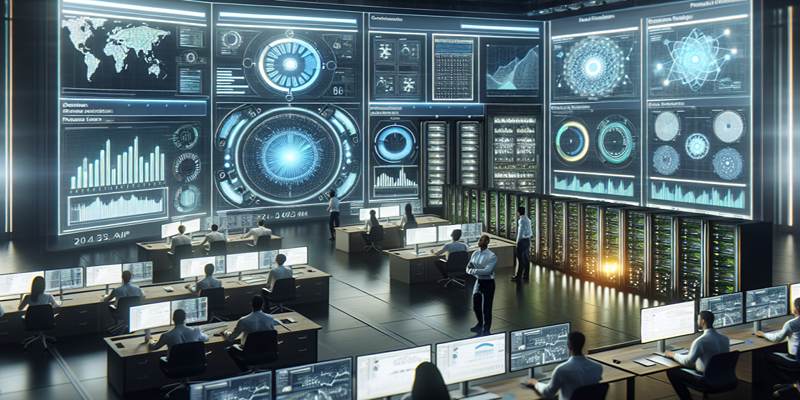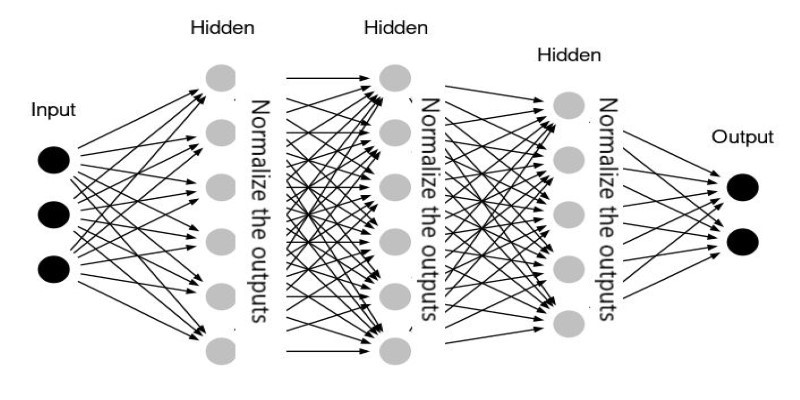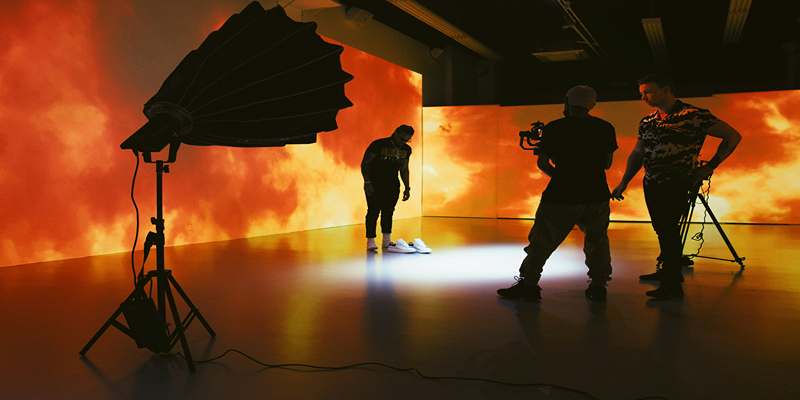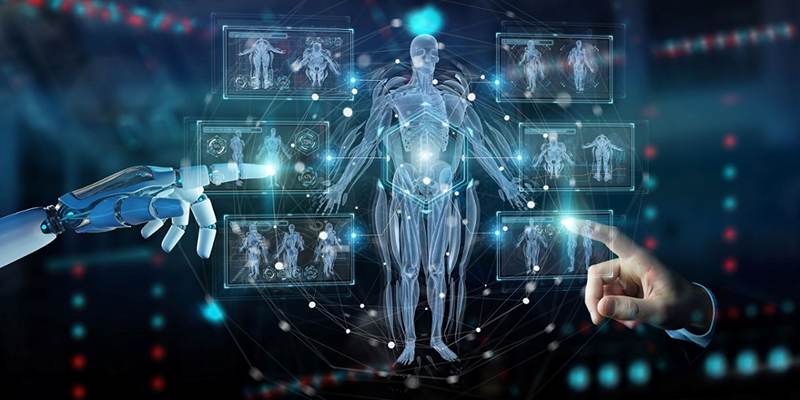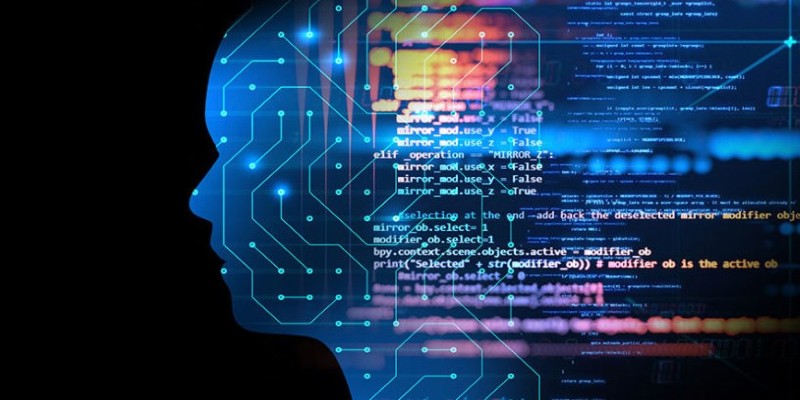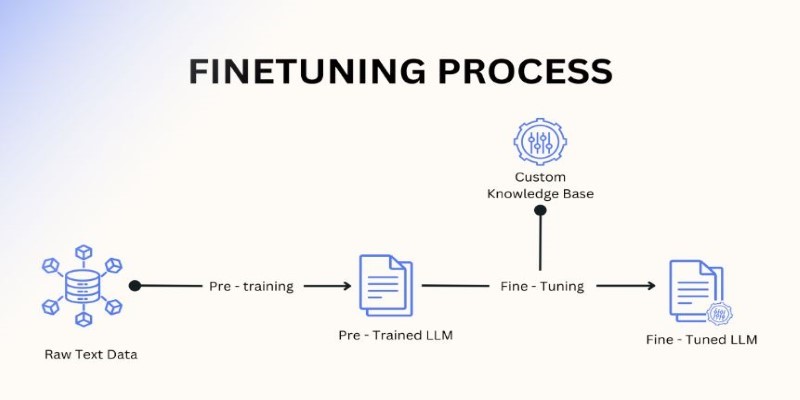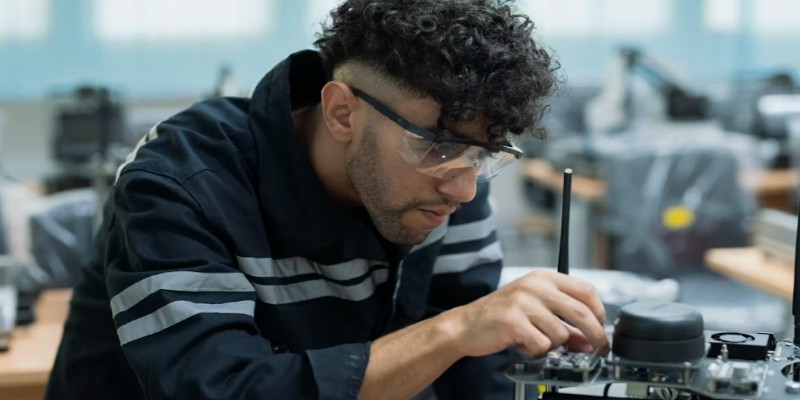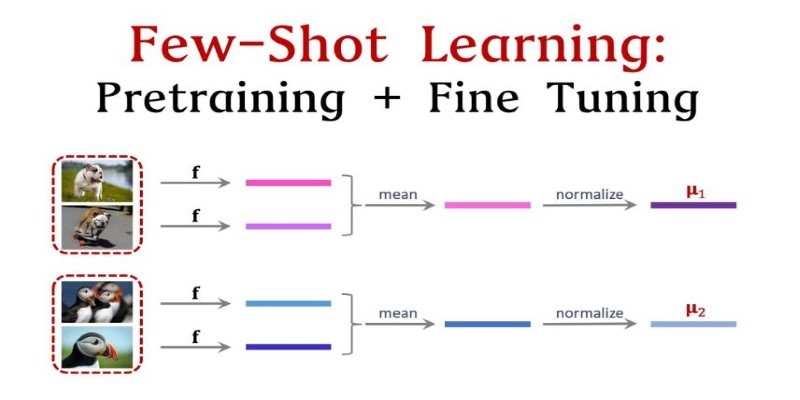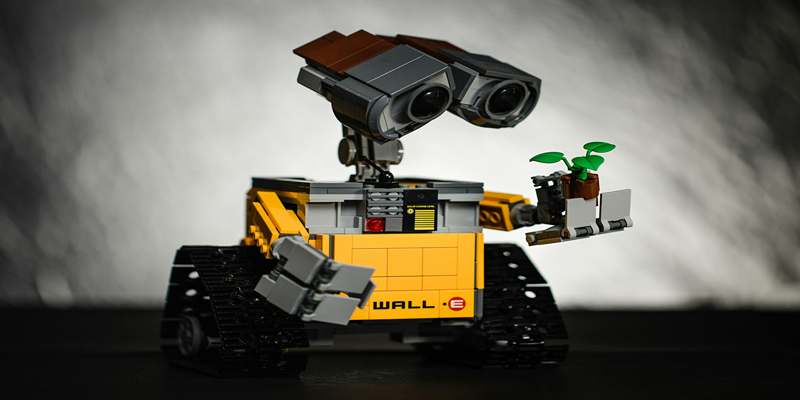Artificial intelligence (AI) is gradually penetrating the entertainment industry, especially for screenwriters in Hollywood, since they are not sure of what to expect. The advancement in the technology of AI has made film studios and production houses consider the use of automation in scriptwriting, editing, and production. That is why the usage of AI provides many benefits, such as cost-effectiveness and increased productivity, but at the same time, it also poses threats to creativity, employment opportunities, and ethical issues. Debate regarding the presence of AI in Hollywood is similar to the discussions of automation in art sectors. While the use of AI in the development of movies has been embraced by studios today in an effort to streamline their production processes, writers are demanding more protection for their intellectual property. It becomes pertinent to comprehend AI’s influence on Hollywood screenwriting in the coming years to make the appropriate strategies for the writers.

The Role of AI in Hollywood’s Screenwriting Evolution
How AI Is Changing the Screenwriting Process
Artificial intelligence is now part of the Hollywood industry by providing tools that help it make scripts. Using OpenAI’s ChatGPT and other such tools, one can get story ideas, characters, and plots in a matter of minutes. This software enables studios to decrease the time taken to develop scripts during the pre-production phase. Another benefit of AI in this case is that it can also predict the level of audience reception for various scripts. Whereas, with the help of AI, there is no creativity lost, but emotions and human individuality are not considered as well; thus, the stories appear quite predictable. For this reason, most industry professionals consider AI more of an assistant to writers rather than a replacement for them.
AI-Generated Scripts: Efficiency vs. Creativity Debate
The question that surrounds artificial intelligence in scriptwriting is the conflict between the quantity and the quality of the scripts. AI can come up with drafts at a much faster rate, and it means the studios may work on several concepts at once. This rapid output is suitable for executives who prefer to save costs and achieve short delivery times. Though screenwriting is an art that includes emotions, culture, and personalized and special points of view, which AI cannot imitate. Critics’ opinion is based on the fact that the created scripts are superficial and clichéd, so the input of humans is necessary. The challenge here is to understand how it is possible for AI to contribute to the narrative without reducing the creativity of writers in creating great stories that will be able to capture the attention of the viewers.
Entertainment Industry Automation and Job Displacement
The Growing Use of AI in Hollywood Productions
AI is not only involved in writing the script but also in other aspects of production. A considerable degree of automation has entered the industry with the use of AI in post-production, editing, special effects, and voice-overs. AI is being employed in studios to generate believable CGI actors, manage post-production processes, and make cast choices. Although they enhance efficiency in the delivery of services, these developments bring about concerns of job losses. Journalists, editors, and other personnel concern themselves with the notion that AI usage means that organizations will look for ways to minimize the use of human labor. There are concerns that the future entertainment industry must incorporate AI, but there is a way to do this without eliminating creative positions.
Impact on Writers and Creative Professionals
AI is increasingly becoming a part of the movie industry in Hollywood, and this is changing the career prospects of screenwriters and other professionals. The writers who once had guaranteed employment now have to work in an industry where scripts can be written by AI, at least to the level of first draft. This shift poses certain problems that have virtually relegated the traditional careers of new writers into the dustbins. Moreover, the use of AI in creating content may also have adverse effects in that it may result in the downgrading of wages of human talents. As a result, writers need to acquire other competencies that will enable them to work with AI and remain relevant in the storytelling process. The focus is on the difficulty of coping with rates of technological advance on the one hand and maintaining careers in creative fields on the other.

Screenwriting and AI: Ethical and Copyright Concerns
Ownership Challenges in AI-Generated Scripts
The main ethical issue that arises from the use of AI-generated content is copyright and intellectual property rights. Who owns the rights to a script written by an AI: its developer, the user, or the studio? This is an issue because current copyright laws do not cover AI-generated works in their entirety, and therefore there is legal ambivalence. It is not constituted that studios may try to own the product, which takes away the writer’s authority over the work. Moreover, AI learning is based on previously existing content; therefore, it has tendencies towards plagiarism. Some of the concerns expressed by writers include finding their work changed by artificial intelligence without permission or compensation. To address these questions, there should be legal statutes that safeguard writers while embracing the proper application of the tool in writing.
The Threat to Writers’ Wages and Career Stability
The use of AI in content generation is a potential threat to Hollywood writers in terms of their finances. If studios use AI for the development of scripts to a greater extent, it can lead to the fact that they will pay writers less for scripts and will hire them as rewriters. The threat level is high in the case of AI taking over junior writers’ positions because internships offer essential experience for scriptwriters. However, when the script is generated by AI, there is a possibility of repetitive and stereotyped scripts, which will not require different voices.
Conclusion
AI’s presence in Hollywood is inevitable, but its impact on screenwriters remains a topic of debate. While AI can enhance efficiency and streamline content creation, it cannot replace human creativity and emotional depth. The challenge lies in integrating AI without undermining the livelihoods of writers. Ensuring fair wages, copyright protections, and ethical use of AI in entertainment is essential for a balanced future. Hollywood must navigate these challenges carefully, fostering an industry where AI and human creativity coexist. By adapting to change while advocating for protections, writers can secure their role in the evolving entertainment landscape.

